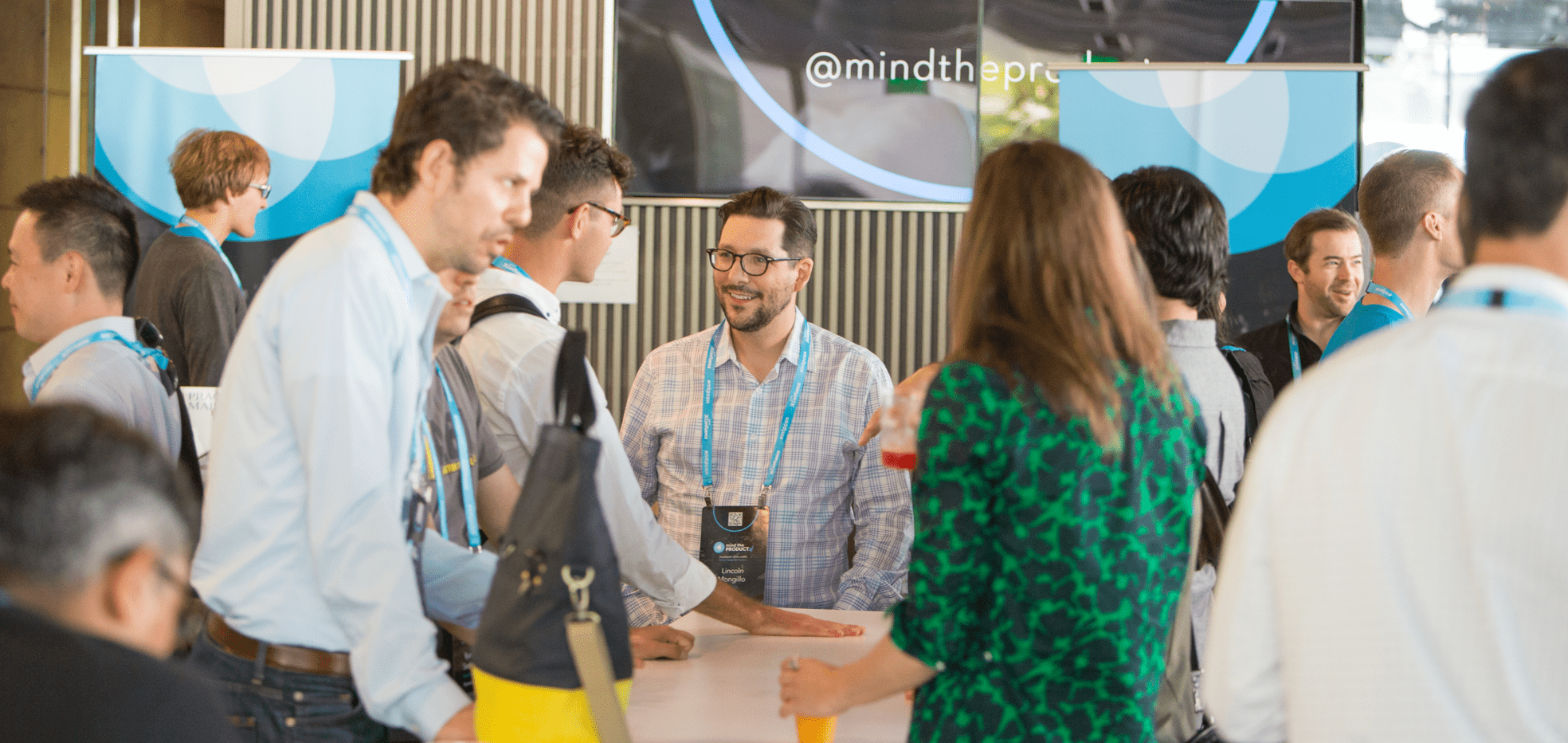
Product managers, you’re not alone
So you’re a product manager. You have a few years or even decades of experience under your belt, a great understanding of your job, and you read all the latest books and blogs.
And yet I’ll bet you still find yourself lost from time to time, with no one to turn to.
Product management is evolving rapidly, with new approaches, processes and ideas surfacing all the time. It’s also a job that’s hard to learn; courses and workshops can get you started or teach you new skills, but there is no one degree or class that will make you an expert product manager. Just as with our products, the only way to succeed is by trying, failing, and learning the job itself.
To compound matters product management can be a pretty lonely job. If you’re lucky you might have 7 engineers and a couple of designers and researchers for every PM in your org (if you’re unlucky the ratios are much higher). In most startups this means you’re the sole PM, but even in larger organisations it can be hard to gather a critical mass of product managers.
Five years ago I was that solo product manager at a London startup. I had over 15 years experience as a product manager, designer and developer but I was still completely alone, facing brand new challenges every day. Although I had a great relationship with the founders and the tech team, there was no one to talk to about product-specific challenges, no one to check new ideas with, and frankly no one to bitch to about what wasn’t working, as much as what was working.
My response was to start a meetup for fellow PMs. The hope was to gather together 20-30 peers, share our pains and experiences, and think about new ways to build products people love. Fast forward to today and that meetup has spawned a global community in over 66 cities with over 25,000 members, as well as annual conferences in London and San Francisco.
The benefits of coming together

Why did our meetup take off? There’s a shared understanding that in order to become better at our jobs and to move the entire discipline forward we need to share our knowledge with a community of practitioners. Communities of practice are not a new idea. In engineering and law they have long been recognized as crucial to setting the standards, building knowledge and helping practitioners develop their careers. In fact this sort of continual professional development is a requirement just to maintain your professional standing. These networks and communities are both internal and external. But as product management can be a lonely practice, we have to go external.
It’s an incredible validation to be in a room full of your peers – whether it’s 30 of you in the back room of a bar or 1,000 attendees in a giant auditorium – but there are real benefits too. Here’s just five:
Learn from the mistakes of others. In a good community everyone shares not just their successes and how they were achieved but more crucially their failures and what they learned from them. We’re all facing the same challenges regardless of whether we’re in small startups or huge corporates, building SaaS or consumer apps, building brand new products or managing existing ones, so this is by far the best proxy for gaining that experience yourself.
“Learn all you can from the mistakes of others. You won’t have time to make them all yourself.” – Alfred Sheinwold
Evolve your skills. Courses, classes and workshops are great ways to pick up new skills, but they’re even more valuable when you can talk to other practitioners about those skills and learn not just the theory but how they’re been implemented.
Develop new approaches. The Agile Manifesto was famously conceived by 17 software engineers who got together in a ski resort in Utah, and has transformed the craft of software development. What new approach will come from a community of product managers?
Get inspired by fresh perspectives. Whether hearing a peer share their story or preparing your own talk, stepping back from your day-to-day work to reflect on the product challenges you’re facing and what you’ve learned recently is invaluable. It opens up fresh perspectives and can suggest new ways to approach the problem once you’re back at the office.
It’s also critical not to get too myopic about your industry or product and get inspiration from other industries that may be tackling the same problem you have. From onboarding to engagement, the best way to find new ideas is to see what others are working on.
“The best ideas are usually combinations of existing ideas, and obviously the more you can talk with other product people the more likely you are to come away with new and interesting ways of doing things”
– Paul Adams, Intercom
Develop your career. Of course learning new skills and experiences will make you a better product manager, but coming forward and sharing your own experiences raises your profile in the community and can open up new career paths.
Move the craft forward
Product management is still a nascent and maturing profession, but just like The Impressionists developed their individual styles by gathering in the cafes and studios of Paris, or the software engineers who got together and developed the Agile Manifesto, we need to work together to move our craft forward by sharing our ideas and experiences.
Luckily product managers are a communicative bunch, and there are a number of places all over the world where you can get involved and start sharing and learning, from local meetups like ProductTank, to unconferences like ProductCamp or our conference Mind the Product. At the very least, if you come along, you’ll know you’re not alone.
Intercom co-founder and Chief Strategy Officer Des Traynor speaks at Mind the Product in San Francisco on May 4, 2016, and tickets are on sale for Mind the Product London in September.







